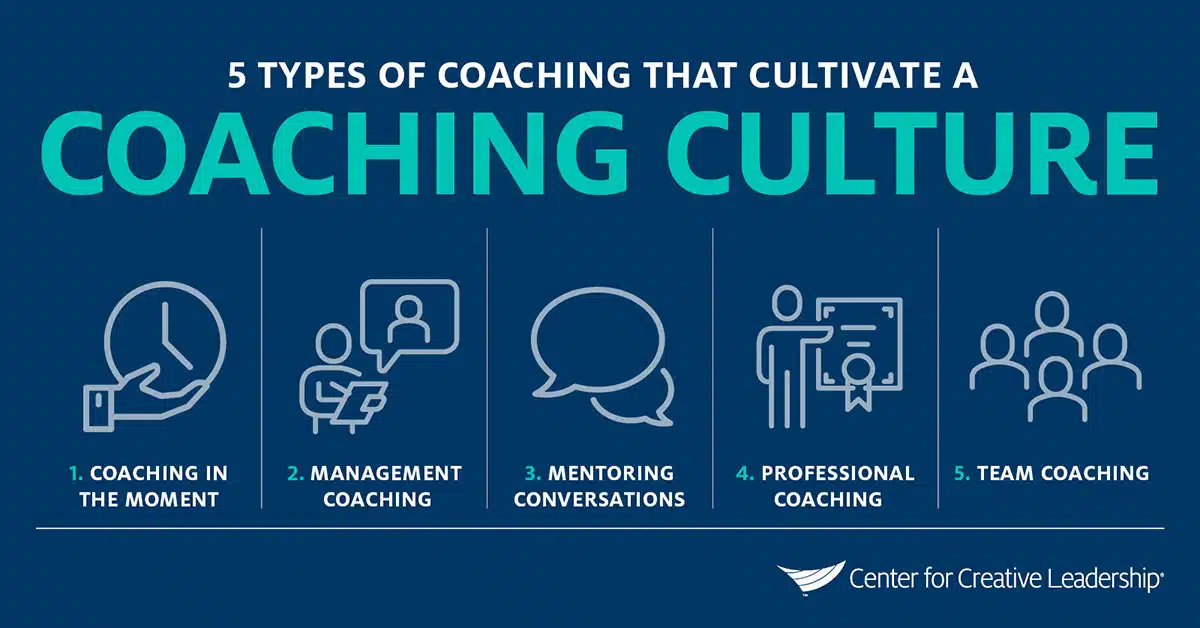If your organization has a coaching culture, then you have a culture of truth and courage.
Leaders with coaching skills, who know how to hold coaching conversations, can engage their people and each other with honesty, by speaking the truth and eliciting it from those around them. In contrast, in corporate cultures that aren’t shaped by coaching mindsets and values, what’s true often goes unspoken, change only happens when a crisis takes place, and courage is a rare quality.
More powerful than strategy and more persistent than vision, the culture of an organization affects who stays, who leaves, and how we deal with each other. It’s the environment that enables performance or subverts it. Truly candid conversations can only take place in a psychologically safe workplace.
That’s why, as more leaders experience the value of coaching, they recognize the importance of coaching skills. In recent years, its appeal has expanded dramatically and so has the demand for interventions that can deliver a coaching culture.
A group or organizational culture is expressed in the rules about how we behave, communicate, relate, and belong — or don’t. It’s not just about the exchange between coach and coachee, but also about how everyone in the organization interacts with one another in their everyday conversations.
All coaching encounters, whether formal or informal, have a common thread: they happen in the conversations between individuals. Leaders are recognizing that better cultures start with better conversations.
How to Cultivate a Coaching Culture
When is a coaching approach valuable? Different situations require different approaches to coaching. Consider the following 5 types of coaching, and choose your approach based on your situation and need.
5 Types of Coaching that Cultivate a Coaching Culture
- Coaching in the moment: These coaching conversations take place in hallways and across tables throughout the organization. The focus is usually on current, temporary problems about performance, relationships, morale, and engagement.
- Management coaching: Coaching approaches can be used to make normal managerial conversations more productive, whether it’s about career planning, performance reviews, or job scoping.
- Mentoring conversations: Most great mentoring depends on coaching skills that generate value by working together to think through and explore alternatives. Teaching is just a small part of the best mentoring relationships.
- Professional coaching: This might include formal objectives or goals as well as measurement of the results of a formal coaching engagement. Professional coaches may be internal staff or external professionals.
- Team coaching: This happens when groups and teams spend time talking about the group identity and obligations to each other and stakeholders on a consistent basis.
It’s likely that as more coaching cultures emerge, there will be many more settings in which coaching skills are put to use, but these 5 scenarios form the core functions of coaching that you can start implementing or improving today to create a culture of truth, courage, and increased psychological safety at your organization.
Download White Paper
Download the full white paper below to learn more about implementing a coaching culture, based on a foundation of developing and scaling coaching skills.









